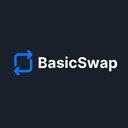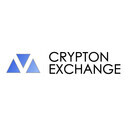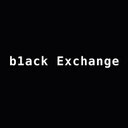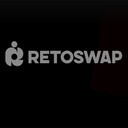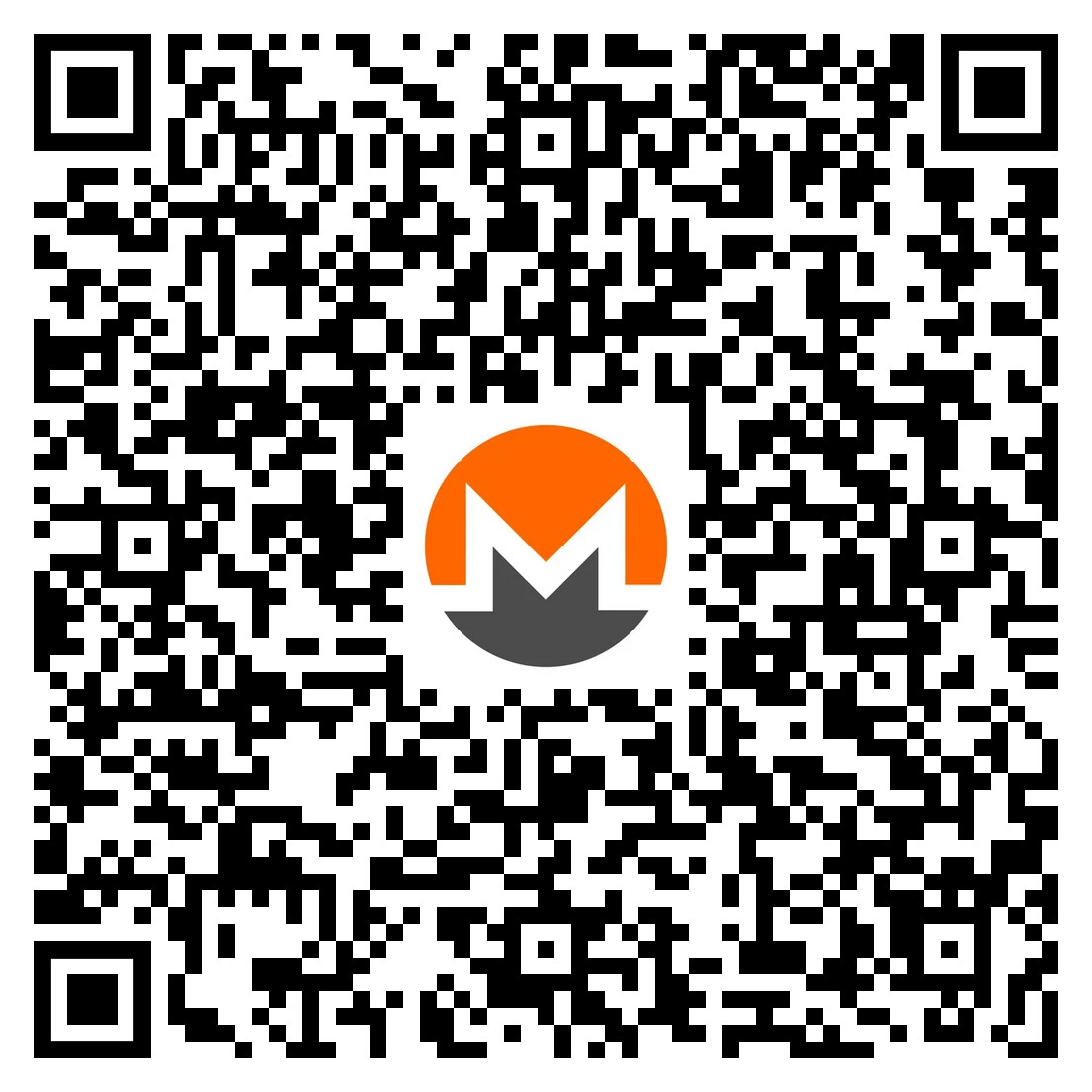Bitcoin mixers play a crucial role in enhancing transaction privacy. They allow users to mix their coins with others, making it difficult to trace the origins of the funds. Below you can find a bitcoin mixer list that has links to the current safe and private mixer websites. If you care about your privacy, then you should be prioritizing the confidentiality of your transactions over mindless airdrops and giveaways, so this page will definitely be useful to you. In case you are going to use a mixer that is not on this list, then you should thoroughly research it for your own financial safety. You should bookmark this page so that you can always see the list of current, reputable bitcoin mixers.
While I have done my best to vouch all websites listed here with the wider Bitcoin community, I will not be responsible for damages if you get scammed by any website from this list.
This page was last updated on January 2026.
Recent Updates
- January 2026: Added dedicated tool pages (Scam Lookup, Letter Verifier, AML checker) and refreshed every mixer entry.
- December 2025: Added fallback mirror guidance and expanded coordinator coverage.
The List Of Bitcoin Mixers
Now including altcoin mixers. A mixer will never ask you for KYC. If you see a mixer that does, it's a scam.
| Name | Website | Tor Site | Founded | Coins | Resells | Mixing Fee | Withdraw Fee | Minimum | Maximum | Telegram Bot | Support |
|---|---|---|---|---|---|---|---|---|---|---|---|
| Mixer.money | mixer.money | Yes | 2016 | BTC | Jambler | 4-5% | 0.0007₿ | 0.003₿ | 50₿ | Yes | |
| Mixtum | mixtum.io | Yes | 2018 | BTC | Jambler | 4-5% | 0.0007₿ | 0.005₿ | 50₿ | Yes | |
| Coinomize | coinomize.biz | Yes | 2019 | BTC | 1-5% | 0.0003₿ | 0.003₿ | No | |||
| Anonymixer | anonymixer.com | Yes | 2020 | BTC | 1-2% | Variable | 0.001₿ | 1.5₿ | No | ||
| Webmixer | webmixer.io | Yes | 2020 | BTC | Jambler | 1-5% | Variable | 0.001₿ | 50₿ | Yes | |
| Mixtura.money | mixtura.money | Yes | 2021 | BTC | Jambler | up to 5% | 0.0007₿ | Variable | 50₿ | No | |
| Mixero | mixero.io | Yes | 2022 | BTC | 0.7%-4.7% | 0.0003₿ | 0.002₿ | 2₿ | No | ||
| Mixy.money | mixy.money | Yes | 2022 | BTC | Jambler | 3-5% | 0.0007₿ | 0.002₿ | 50₿ | No | |
| DreamMixer | mixerdream.com | Yes | 2022 | BTC | Jambler | 3.5% | 0.0007₿ | 0.005₿ | 50₿ | No | |
| Thormixer | thormixer.io | Yes | 2023 | BTC | Jambler | 4% | 0.0007₿ | 0.003₿ | 50₿ | No | |
| JokerMix | jokermix.to | Yes | 2024 | BTC | 1-150 sats/vB | None | 0.001₿ | 18₿ | No | jokermix.to@proton.me | |
| GenesisMix | genesismix.cx | Yes | 2025 | BTC | 0.7-4.7% | None | 0.0015₿ | 250₿ | No | ||
| Okmix | okmix.io | Yes | 2025 | BTC | Jambler | 3.5% | 0.0007₿ | 0.001₿ | 50₿ | Yes | |
| Reumix | reumix.xyz | Yes | 2025 | ETH | 2.5-10% | None | 0.1ETH | 500ETH | No | ||
| Zeusmix | zeusmix.to | Yes | 2025 | ETH, LTC, TRX, SOL, USDT | 2-6% | None | No | zeusmixto | |||
| TrustMixer | trustmixer.io | Yes | 2025 | BTC | Jambler | 0%-4% | 0.0007₿ | 0.001₿ | 50₿ | No | info@trustmixer.io / t.me/trustmixer |
| Bmix | bmix.io | Yes | 2025 | BTC | Jambler | 5% | 0.0007₿ | 0.001₿ | 50₿ | Yes | @bMixIoSupport / bmixio@proton.me |
Mirrors by service
- Coinomize: coinomize.is, coinomize.co
- Okmix: okmix.me, okmix.cc, okmix.co, okmix.pw, okmix.vip, okmix.biz, okmix.top, okmix.org
Mixers are sorted by creation year. Be very careful to save any letters of guarantee you receive and to verify them here, so that you can get a refund in case of a problem. Note that a mixer can shut down and run away with your coins even if you have a letter of guarantee. If you do not trust any of these mixers enough, consider using a coordinator instead.
Some of these mixers are powered by Jambler (Tor mirror). It makes creating a mixer easy.
The List Of Never-KYC Exchanges
These are sites or services that specialize in XMR/BTC exchange pairs. Please do not use these services to exchange hacked or stolen coins.
| Name | Website | Tor Site | Founded | Fee |
|---|---|---|---|---|
| Bridgoro | bridgoro.com | No | 2025 | Not stated |
| Trêvoid* | Bitcointalk topic | No | 2025 | 5% |
| Basicswap Beta | basicswapdex.com | Yes | 2022 | 0% |
| Eigenwallet** | eigenwallet.org | No | 2021 | None |
| Splash.tf | splash.tf | Yes | 2025 | None |
| Sageswap | sageswap.io | Yes | 2025 | 1-6% |
| THORChainSwap | thorchain.org | No | 2018 | None |
| Crypton | crp.is | No | 2023 | 0.1% |
| B1ack | b1exch.io | Yes | 2025 | 1-4% |
URLs by service
- Sageswap: sageswap.cc
- B1ack: blexch.io
*Trêvoid does not have a website, so their Bitcointalk page was linked instead. Swaps occur via this SimpleX chat. Make sure to tell them you arrived from BitMixList.
**Eigenwallet was formerly called Unstoppableswap.
The List Of Instant Exchanges
These exchangers have more coins and liquidity, but in rare circumstances are subject to KYC/AML. Exchanges made through clicking orangefren.com links on this section are covered by the Orangefren Guarantee, except for Trocador, which has its own guarantee system, and Chainswap. Guaranteed services link to Orangefren's site before redirecting you to the services. The actual URLs can be found in the dropdowns below. Terms and conditions apply. Check the Orangefren website for more details.
| Name | Website | Tor Site | Founded | Fee |
|---|---|---|---|---|
| Quickex | quickex.io | Yes | 2018 | 0.5% |
| CCE.cash | cce.cash | No | 2024 | Variable |
| Wizardswap | wizardswap.io | Yes | 2020 | 2.2% |
| Trocador* | trocador.app | Yes | 2022 | Variable |
| ChainSwap | chainswap.io | No | 2024 | Variable |
| PegasusSwap | pegasusswap.com | No | 2024 | None |
| Exolix | exolix.com | No | 2018 | None |
| BitcoinVN | bitcoinvn.io | No | 2014 | Variable |
URLs by service
- Quickex: quickex.io, quickexpgxtyxalax7kfy4f3mntpjpqrfizwksogvtsgehkbkttuosid.onion
- Wizardswap: wizardswap.io, wizardswap.pw, wizardswgtu2ovor7r2esg3cxdpt7tv4nrugi32lldv53zmtonbz6sid.onion
- Trocador: trocador.app, qkiw4pl4qlxui26nsbjnxei323x7ptqcf765a6koxlzcox35udmihsid.onion
- ChainSwap: chainswap.io
- PegasusSwap: pegasusswap.com
- Exolix: exolix.com
- BitcoinVN: bitcoinvn.io
*Do not select FixedFloat as the exchange provider for Trocador. They are known to withhold your funds even after KYC. All other providers work fine.
Changelly, ChangeNOW and resellers are not listed here. They do not have a good reputation in the community.
The List Of Peer-to-Peer Marketplaces
Keep in mind that P2P marketplaces may require KYC to trade large quantities of crypto.
| Name | Website | Tor Site | Founded | Crypto |
|---|---|---|---|---|
| LocalCoinSwap | localcoinswap.com | No | 2019 | Many |
| HodlHodl | hodlhodl.com | No | 2016 | Many |
| Noones | noones.com | No | 2023 | Many |
| Peach Bitcoin | peachbitcoin.com | No | 2022 | BTC |
| Robosats | robosats.com | Yes | 2022 | LN-BTC |
| Bisq | bisq.network | No | 2017 | Many |
| Nonkyc | nonkyc.io | No | 2023 | Many |
| lnp2pbot | lnp2pbot.com | No | 2018 | LN-BTC |
| Retoswap | retoswap.com | No | 2024 | XMR |
The List Of Wasabi Coordinators
A coordinator, by design, is supposed to be anonymous. Beware of coordinators that perform blockchain analysis on your inputs.
| Coordinator Name | Coordinator Link | Fees | Founded | Remix | Free Up To | Config |
|---|---|---|---|---|---|---|
| Kruw | coinjoin.kruw.io | 0% | 2023 | Yes | N/A |
Config
|
| Ginger Wallet | api.gingerwallet.io | 0.3% | 2024 | Yes | 0.03₿ |
Config
|
| OpenCoordinator | api.opencoordinator.org | 0% | 2024 | Yes | N/A |
Config
|
Special thanks to Wabisator for comiling the coordinators. You can go to their website to check their onine status. Please note that coordiantors are very volatile and go up & down frequently.
Official Fallback Mirrors
The primary, canonical domain for this list is https://bitmixlist.org/. The links below are emergency mirrors we publish to ride out DDoS attacks or hosting interruptions. Treat them strictly as fallbacks and always verify that any mirror declares https://bitmixlist.org/ as its canonical URL.
Show mirror list
If you ever encounter a domain pretending to be BitMixList that is not on this list, verify its PGP signatures and reach out via Bitcointalk before trusting it.
If we ever shut down for any reason, there is another service directory at BitList I can vouch for.



















